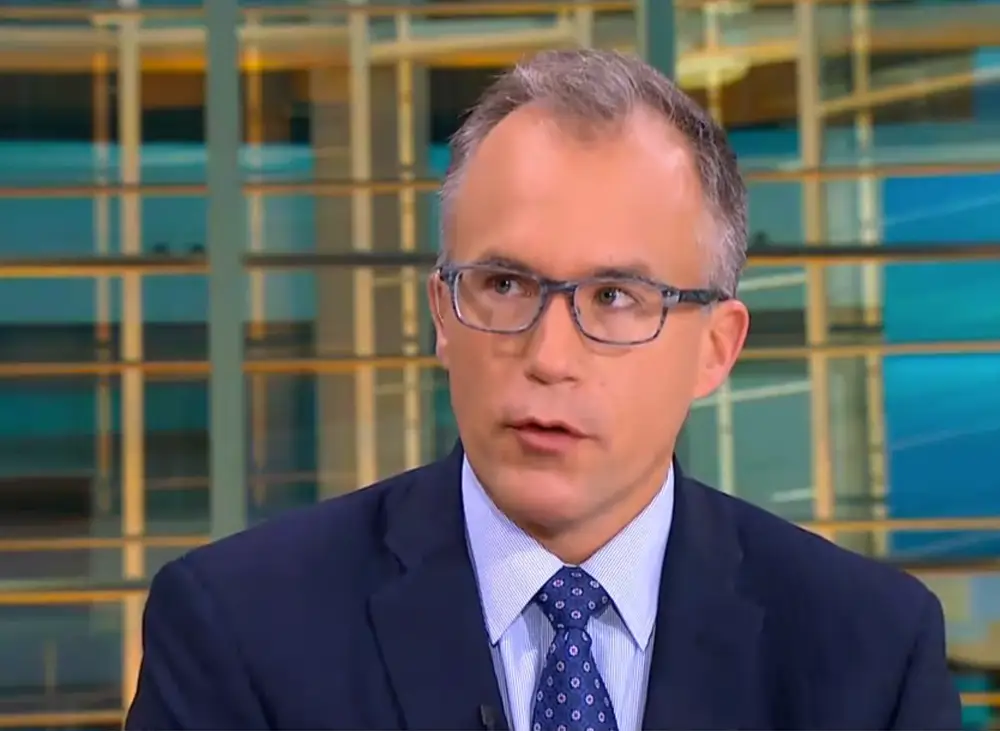Why a top analyst just raised his year-end S&P 500 price target to the highest on Wall Street

BMO’s Brian Belski updated his S&P 500 price target to 6,100 this week.
Brian Belski of BMO has taken the spot as the most bullish equity strategist on Wall Street.
In a note on Thursday, Belski raised his S&P 500 price target for 2024 to 6,100, representing potential upside of 7% over the next three months.
Belski’s prior 2024 price target for the S&P 500 was 5,600.
A combination of factors, including the Federal Reserve’s 50 basis point interest rate cut on Wednesday, was enough to make Belski even more bullish on stocks.
“Much like our last target increase in May, we continue to be surprised by the strength of market gains and decided yet again that something more than an incremental adjustment was warranted,” Belski said.
Belski said favorable seasonal data suggests the stock market will finish the year strong in the fourth quarter, “especially since the Fed has shifted to easing mode.”
Since 1950, there have been eight years when the S&P 500 was higher by about 15% to 20% in the first nine months of the year.
According to Belski, in those years, the S&P 500 saw an average fourth quarter return of about 6%, which is about 50% higher than the average fourth quarter return for all years.
Belski also finds it encouraging that recent stock market gains have not been concentrated in just the mega-cap technology stocks.
Instead, the stock market rally has been broadening out to other sectors and smaller-sized companies.
“This is a trend we expect to continue and should help to support future market gains even if the price and fundamental performance of Mag-X stocks continues to decelerate in the months ahead,” Belski explained.
Finally, with the increased likelihood of a soft landing in the US economy, Belski said that elevated valuations are justified.
Based on Belski’s 6,100 price target, that implies a price-to-earnings ratio of 24.4x, which is above historical averages.
“We continue to believe a soft landing is the most likely economic scenario which makes the current environment most comparable to the mid-1990s – a period where the index was able to sustain a greater-than 20x multiple for several years,” Belski said.






